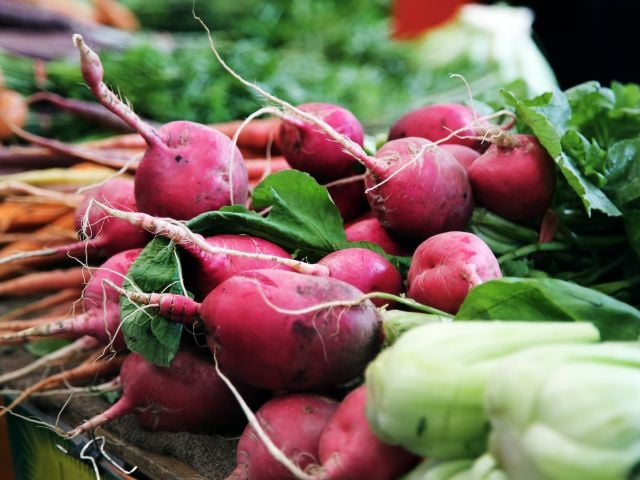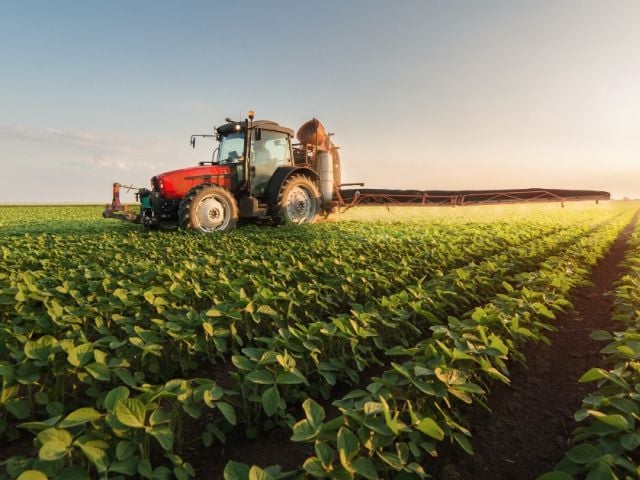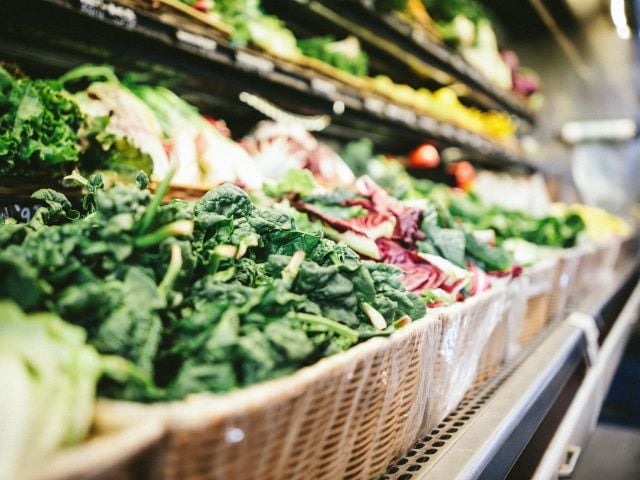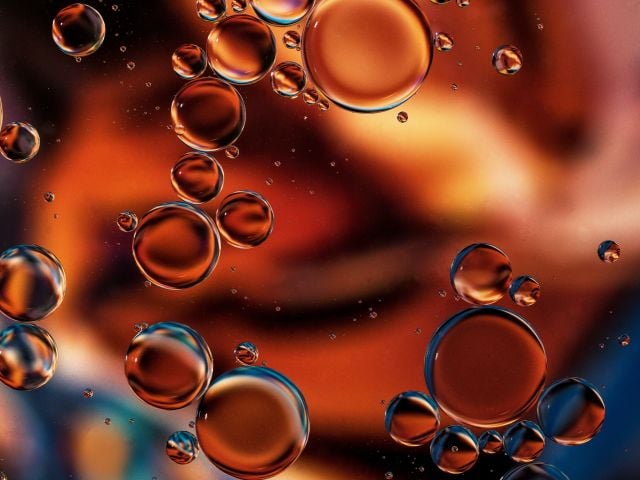
View and Download our full report here: A Few Bad Apples
Executive Summary
Laboratory tests of apples grown in Washington State and purchased in Seattle supermarkets over the past five months found widespread insecticide contamination. Eight percent of apple samples had unsafe levels of a bug killer abruptly banned for use on apples and other foods in August, 1999 by federal authorities because of nervous system risks to children. Twenty percent of the samples had residues of another potent insecticide that Washington State’s Department of Ecology has targeted for a ban because of health and environmental concerns. Several other highly toxic compounds were found, including chlorpyrifos (Dursban/Lorsban), a widely used roach and bug spray that, according to the U.S. EPA, is unsafe for children in all common indoor applications, even when used as directed (EPA1999).
In all, 84 percent of the more than 125 pounds of Washington State apples sampled tested positive for pesticides in a battery of laboratory analyses. Half of the five-pound bags tested had more than one pesticide, and some had as many as four. Eight different pesticides were found in all. More extensive tests probably would have found additional chemicals, based on government studies.
The testing program was commissioned by the nonprofit Environmental Working Group, a public health watchdog organization, to help consumers and grocers respond to growing federal concerns about major apple pesticides and to help fill a threeyear information gap in federal pesticide tests on apples.
Given the extent of the contamination, and the types and levels of pesticides detected, consumers should purchase certified organic apples this season if they wish to avoid exposure to chemicals that have raised safety concerns with federal regulators.
The government last published results of pesticide tests for apples in 1998, based on samples collected in 1996. The next round of apple test results, for samples taken this season, will not be available from the U.S. Department of Agriculture until mid-2001 or later—long after grocers have stocked and sold the current apple crop and consumers have eaten it.
The results indicate that Washington State apple growers have done little to reduce insecticide contamination of their crop since 1996, when federal pesticide laws were overhauled to protect children. Lab tests EWG commissioned closely match the contamination patterns found in government tests of apples grown five years ago.
Washington State authorities test apples and other foods for pesticides but do not publicize results for direct use by consumers. The state accounts for 60 percent of the U.S. apple market and the majority of the nation’s fresh apple exports.
The tests indicate that consumers are being exposed to the banned pesticide, methyl parathion, and to another pesticide, Guthion, that was nearly banned in 1999. In the end, it was merely restricted after last minute concessions to chemical companies and farm groups. Guthion was found in 14 (56 percent) of the 25 bags of apples that EWG tested.
Detailed Findings
Independent testing commissioned by the Environmental Working Group found eight different pesticides in 21 out of 25 bags (84 percent) of Washington State apples purchased in Seattle supermarkets from November 1999 through January 2000.
Seventeen (17) out of 25 bags (68 percent) were positive for highly toxic organophosphate (OP) insecticides, including 14 with azinphos-methyl (Guthion), two with methyl parathion, three chlorpyrifos, and four with phosmet (Table 1). In ten of the 25 samples that were more thoroughly tested, four other pesticides were found, including the probable human carcinogen captan, and the highly toxic DDT relative, endosulfan that was targeted for elimination by the Washington State Department of Ecology in 1998. In fact, half of the ten more thoroughly tested samples were contaminated with endosulfan.
Small children could easily be exposed to unsafe doses of pesticides by eating relatively small amounts of some of these apples. Two bags were so contaminated that less than one apple would expose an average 2-year-old to an unsafe dose of organophosphate insecticides, according to EPA standards (Figure 1). For three additional bags, the safety limit for a 2- year-old was exceeded by eating between one and two and a half apples over the course of a day. These calculations underestimate actual risk because they assume that the child is exposed to no other OP insecticides on that day. Because the entire bag of apples is tested together, these figures assume that the pesticides were evenly distributed on all the apples in the bag. In reality it is more likely that the methyl parathion was concentrated at even more dangerous levels in just a few apples in the bag.
In the long run, exposures to methyl parathion on children’s foods will be eliminated as growers stop spraying the banned pesticide on their crops. Even then, however, exposure to organophosphate insecticides will not be anywhere near what the agency itself has defined as safe (EWG 1998, EWG 1999). Moreover, there is no reason to think that Guthion levels in apples and other fruits will be any lower next year than they were this year. Indeed they may be higher as growers apply more Guthion to make up for the loss of methyl parathion. Restrictions on Guthion production, per acre use, and food residues are so weak that they will do nothing to prevent this perverse outcome. And the agency has yet to take any action to regulate another OP, chlorpyrifos, on apples, even as it declared it unsafe under all common home use scenarios in October 1999.
Recommendations:
For Parents:
Parents should continue to feed their children plenty of fresh fruits and vegetables but avoid conventially-grown foods that contain relatively high levels of pesticides. Apples, peaches, pears, strawberries, and green beans typically have the highest levels of pesticides. Bananas, oranges, pineapples, most melons, and broccoli are typically lower in pesticides.
If your kids love apples, try to feed them certified organic apples, or low residue fruits that have been certified by Nutriclean or other independent, third party auditors.
For more information on pesticides and other contamination in foods, visit EWG’s foodnews.org site (https://www.ewg.org/foodnews) for our latest pesticide test results and other information on how to shop your way to safer food.
For Supermarkets:
We call on all supermarkets to begin targeted pesticide testing programs, and to make the results immediately available to consumers. Shoppers have a right to know about pesticides in the foods they buy, and retailers are in the best position to provide this information.
Choice is important to consumers. We urge all supermarkets to stock organic and certified low residue produce that have been accredited by reputable, independent programs.
View and Download our full report here: A Few Bad Apples





